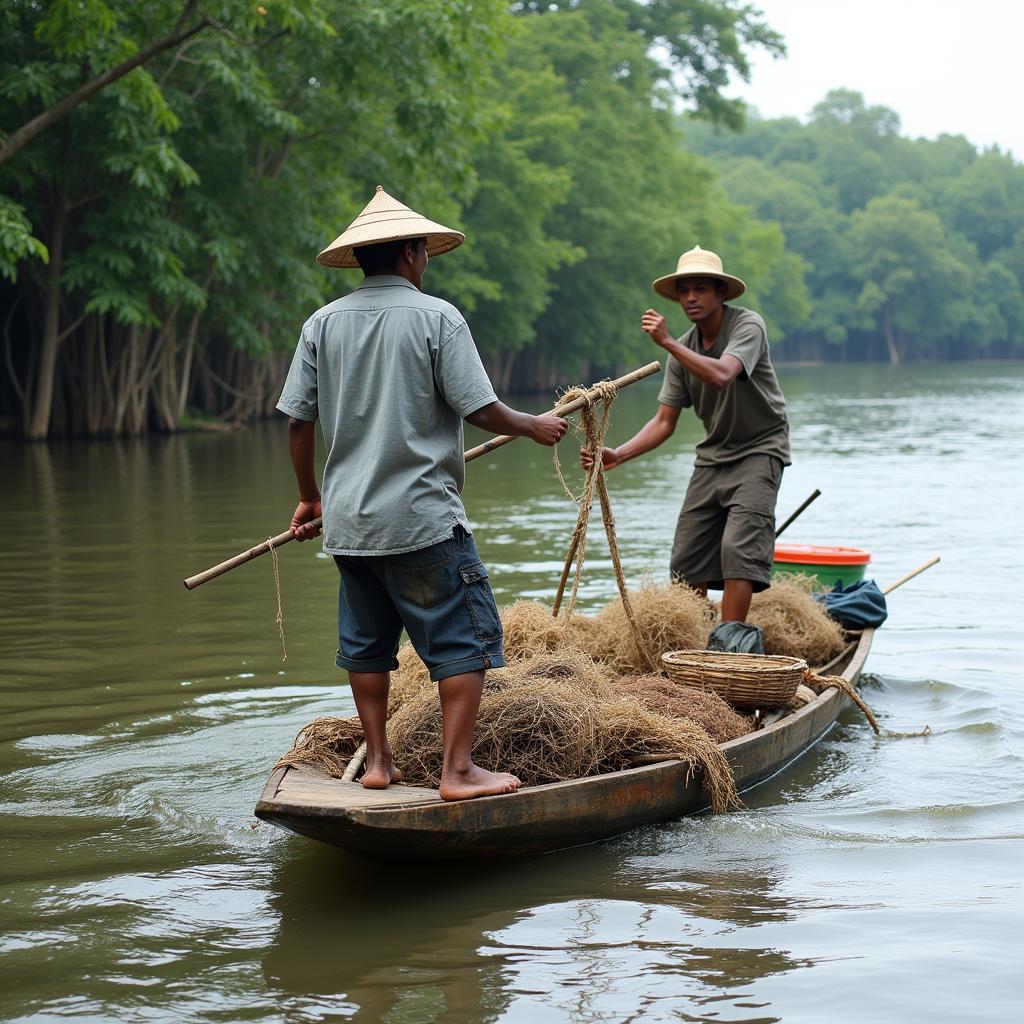6 Africans Face Lynching Over Cannibalism Canard
Six Africans faced a terrifying ordeal, narrowly escaping being lynched by a mob fueled by false accusations of cannibalism. This incident highlights the dangerous consequences of misinformation and the vulnerability of marginalized communities to unfounded accusations.
The Danger of Cannibalism Accusations in Africa
False accusations of cannibalism are not uncommon in some parts of Africa. They often stem from deep-seated prejudices, fear of the unknown, and existing social tensions. These accusations can quickly escalate into violence, leading to tragic consequences for the accused. The six individuals in this case were fortunate to escape with their lives.
Understanding the Roots of the Cannibalism Canard
The belief in cannibalism often has historical roots, sometimes tied to colonial narratives or inter-group conflicts. These narratives, often exaggerated or entirely fabricated, can persist for generations, fueling mistrust and prejudice. In many cases, accusations of cannibalism are used as a tool to marginalize specific groups, justify violence, or seize land and resources.
The Impact of Misinformation and Social Media
The rapid spread of misinformation through social media exacerbates the problem. Rumors and false accusations can circulate quickly, reaching a wide audience before they can be verified or debunked. This can incite mob violence and create a climate of fear and distrust. In the case of the six Africans, the false accusations spread like wildfire through social media, inciting the mob that nearly took their lives.
Protecting Vulnerable Communities from False Accusations
Protecting vulnerable communities from these types of accusations requires a multi-pronged approach. Education and awareness campaigns can help to dispel myths and prejudices. Strengthening law enforcement and judicial systems is crucial to ensure that those who spread false accusations are held accountable. Promoting inter-community dialogue and understanding can also help to build trust and reduce the likelihood of conflict.
The Need for Fact-Checking and Due Process
When accusations of cannibalism, or any serious crime, surface, it’s crucial to prioritize fact-checking and due process. Jumping to conclusions based on rumors and hearsay can have devastating consequences. Law enforcement agencies must conduct thorough investigations before making arrests or taking any action. The media also has a responsibility to report responsibly, avoiding sensationalism and verifying information before publishing.
Ensuring Justice for the Wrongfully Accused
Those who are falsely accused of cannibalism often face stigma and discrimination even after being cleared of any wrongdoing. It’s essential to provide support and resources to help them rebuild their lives. This can include legal assistance, psychosocial support, and community reintegration programs. Holding those responsible for spreading the false accusations accountable is also crucial to deter future incidents. In the case of the 6 Africans Face Lynching Over Cannibalism Canard, the near-lynching serves as a stark reminder of the importance of due process.
Conclusion
The near-lynching of six Africans over a cannibalism canard underscores the dangers of misinformation and the urgent need to combat prejudice and promote tolerance. We must work together to create societies where accusations are based on evidence, not fear and prejudice, ensuring justice and protection for all. 6 africans face lynching over cannibalism canard is a wake-up call for all of us.
FAQ
- What is a cannibalism canard? A canard is a false or unfounded rumor. A cannibalism canard is a false rumor accusing someone of cannibalism.
- Why are cannibalism accusations dangerous? They can incite violence and lead to serious harm, even death, for those falsely accused.
- How can we combat misinformation? Fact-checking, media literacy, and holding those who spread false information accountable are crucial steps.
- What can be done to protect vulnerable communities? Education, community dialogue, and strengthening law enforcement can help.
- What support is needed for those falsely accused? Legal assistance, psychosocial support, and community reintegration programs are essential.
- How can we promote tolerance and understanding? Education, inter-cultural dialogue, and challenging prejudice are key.
- What role does social media play in spreading misinformation? Social media can amplify rumors and false accusations quickly and widely.
Related Articles
- Understanding the Roots of Prejudice in Africa
- The Impact of Misinformation on Society
- Protecting Vulnerable Communities from Violence
Call us at +255768904061, email us at kaka.mag@gmail.com, or visit us at Mbarali DC Mawindi, Kangaga, Tanzania. We have a 24/7 customer service team.


